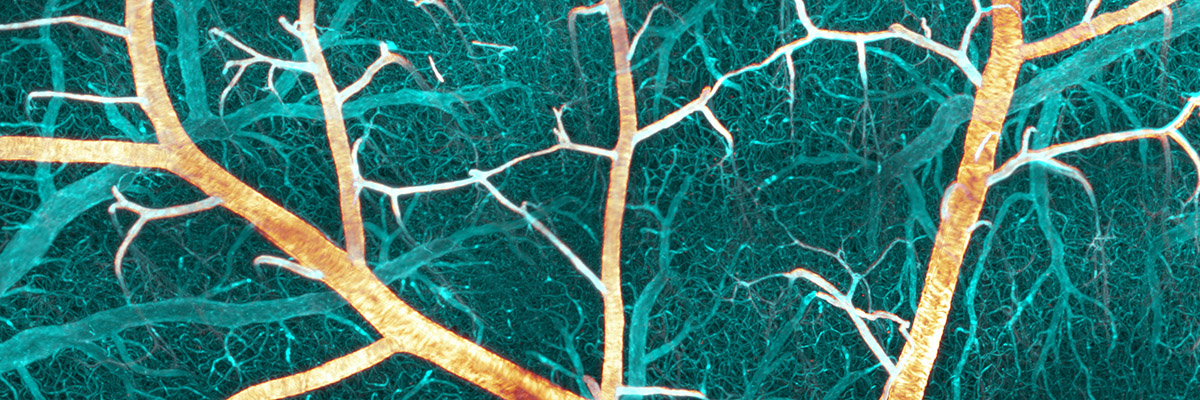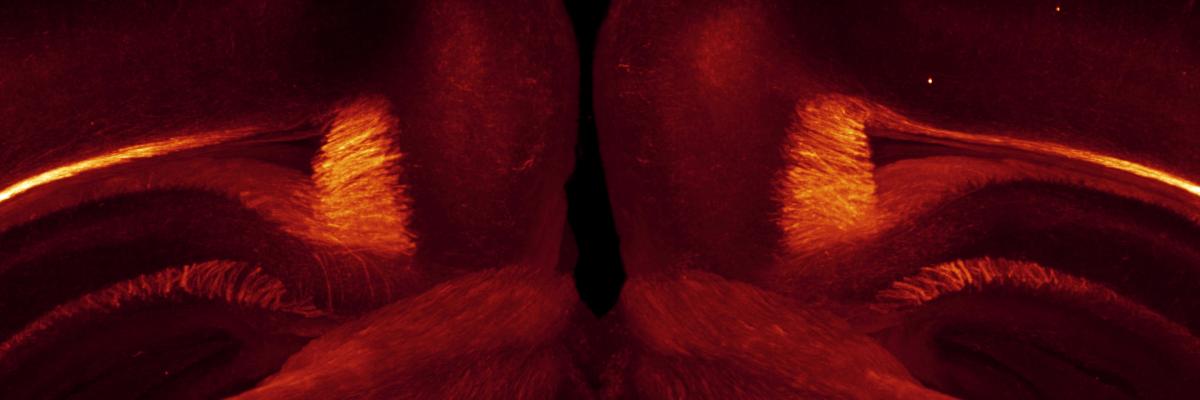Mechanisms of Disease

Understanding the molecular mechanisms of human biology and disease is essential for modern biomedical research. CiMUS laboratories work to understand obesity and its comorbidities (fatty liver, diabetes or cardiovascular diseases), different types of cancer, neurodegenerative and rare diseases. We use a wide variety of animals (mainly rodents, but also zebrafish or mollusks) and in vitro models to investigate physiological and pathophysiological mechanisms. Importantly, we also conduct research on human samples (from cell lines to primary cells/biopsies obtained from healthy subjects and/or patients). This program comprises highly productive PIs in terms of scientific discoveries and competitive funding, and are well-known in areas such as genetics, epigenetics, receptor signal transduction, energy/nutrient sensors or cell survival/cell death mechanisms, just to name a few. These research areas are key to the future and appropriate design of new diagnostic tools or therapies and the development of Precision Medicine.
Research groups
Precision Medicine

Precision Medicine aims to improve efficiency and reduce side effects through targeted treatments, accurate disease diagnostics that enable an individualized treatment strategy and early detection of patients and patient groups at risk. For these three objectives, genomic biomarkers are needed, although other omics such as transcriptomics, epigenomics, metabolomics or proteomics are also being incorporated. Our proposal for the next period focuses on the application of genomic biomarkers for precision medicine, in which CiMUS PIs participated in all key stages: discovery, regulatory approval and translation.
Research groups
New Medicines

Early diagnosis and targeted drug delivery have become essential for the effective cure of some types of cancer. In the specific area of diagnostics, we aim to develop new molecular imaging biomarkers for the diagnosis of neurological and oncological diseases to improve personalized treatment. Our translational approach ranges from preclinical molecular imaging in animal models of disease to clinical imaging in patient cohorts. CiMUS has the latest and most powerful technologies in the field of medical imaging, from preclinical scanners, cyclotrons for radioisotope production and PET.
The design and development of nanocarriers for drug delivery has been a core area of CiMUS. We have created new conceptual approaches to help complex drugs, such as proteins, monoclonal and RNA molecules, overcome biological barriers and reach their targets. In addition, our researchers have established collaborations with large pharmaceutical companies around the world and have launched several start-up companies.
Over the past two decades, in the specific area of drug discovery, we have developed strong Open-innovation models with biotech/pharma industries hosting joint units. Based on that experience, we built a model for drug screening, compound collection, assay development, high content screening or 10 translational assays for patient stratification to our industrial and/or academic partners. With this strategy, CiMUS has become in the last decade the reference center among Spanish non-profit centers and one of the most relevant in Europe.
